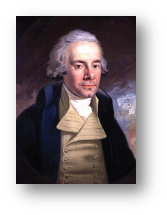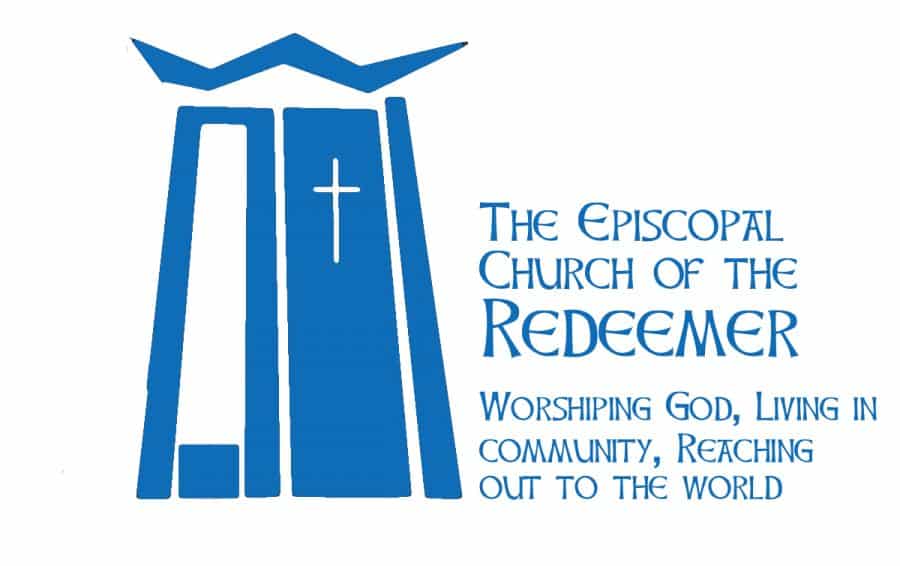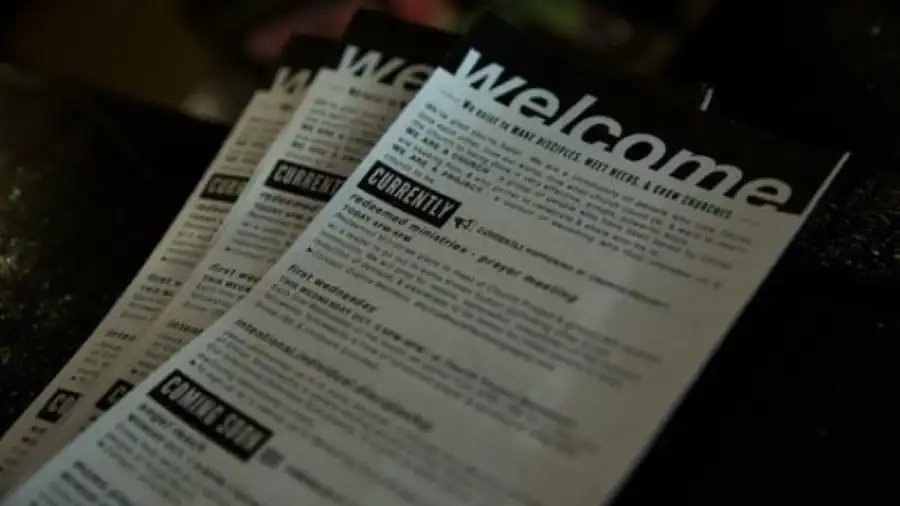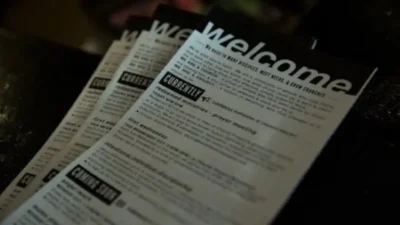This is the weekly bulletin insert from Sermons That Work.
William Wilberforce
On July 30, the Episcopal Church remembers William Wilberforce (1759 – 1833), along with Anthony Ashley Cooper (1801-1885), prophetic witnesses of the Gospel of Christ. Wilberforce was a British statesman and evangelical Anglican who used his position as a Member of Parliament from the Yorkshire area to advocate for the abolition of the slave trade throughout the British Empire.
Noted for personal charm and great eloquence as a public speaker, Wilberforce was elected to Parliament from his home town and district of Hull at the age of 21. After a conversion experience in 1784, he joined the evangelical wing of the Anglican church and became interested in social reform movements.

Lady Margaret Middleton, the wife of another Member of Parliament, approached Wilberforce as a likely person to work within the government for the abolition of the slave trade. The enormity of the task was daunting to Wilberforce, who wrote, “I feel the great importance of the subject and I think myself unequal to the task allotted to me.”
But Wilberforce accepted the mission. “God Almighty has set before me two great objects, the suppression of the slave trade and the reformation of manners,” he wrote in his journal in 1787. His health, however, had never been good, and illness prevented him from immediately taking on the challenge. It was May 1789 before he made his first speech in the House of Commons on the subject of the slave trade.
When Wilberforce formally proposed abolition of the trade in 1791, his fellow members voted against his motion by nearly two to one. Wilberforce continued to press the matter, making similar proposals some nine times by 1805. During that time, due to the efforts of many reformers, the British people learned about the horrific conditions endured by enslaved Africans, and public opinion gradually turned against the slave trade.
It took longer to convince Parliament, but the Abolition of the Slave Trade bill was eventually passed in both the House of Commons and the House of Lords by large majorities and took effect in March 1807. Although the successful bill was introduced by another Member of Parliament, Wilberforce received full credit — and a rare standing ovation from the House of Commons — for his untiring efforts. Unfortunately, the 1807 bill did not immediately stop the slave trade. Seafaring traders flouted the law, sometimes covering this illegal commerce by throwing their captives overboard to drown when ships of the British navy approached. Many people became convinced that only the abolition of slavery would stop the trade.
Wilberforce at first resisted calls for outright abolition, writing in 1807, “It would be wrong to emancipate [the slaves]. To grant freedom to them immediately would be to insure not only their masters’ ruin, but their own. They must [first] be trained and educated for freedom.” But he eventually came to support full emancipation and worked to bring public opinion and political will together to that end. He continued to serve in Parliament, supporting a variety of causes, including overseas Christian mission, increased education, and greater freedom for Roman Catholics. He retired in 1825 due to ill health but continued to campaign for an end to slavery.
Wilberforce saw his efforts rewarded when Parliament passed a law in July 1833 outlawing slavery throughout the British Empire. He died three days later at age 73. In honor of his service to the nation, he was buried in the north transept of Westminster Abbey.
Weekly bulletin inserts
This weekly bulletin insert provides information about the history, music, liturgy, mission, and ministry of The Episcopal Church. For more information, please contact us at stw@episcopalchurch.org.

Sermons That Work
For more than 20 years, Sermons That Work, a ministry of The Episcopal Church’s Office of Communication, has provided free sermons, Bible studies, bulletin inserts, and other resources that speak to congregations across the Church. Our writers and readers come from numerous and varied backgrounds, and the resources we provide are used in small house churches, sprawling cathedrals, and everything between.

Church of the Redeemer
Church of the Redeemer: Worshiping God, living in community, and reaching out to the world around us. We are an Episcopal Church serving north King County and south Snohomish County, Washington. As you travel your road, go with friends walking the way of Jesus at Redeemer.
Church of the Redeemer is at 6210 Northeast 181st Street in Kenmore, Washington. The campus is a short distance north of Bothell Way, near the Burke-Gilman Trail. The entrance looks like a gravel driveway. The campus is larger on the inside than it is on the outside. And we managed to hide a large building on the side of a hill that is not easily seen from the street.
The Episcopal Church welcomes you.



